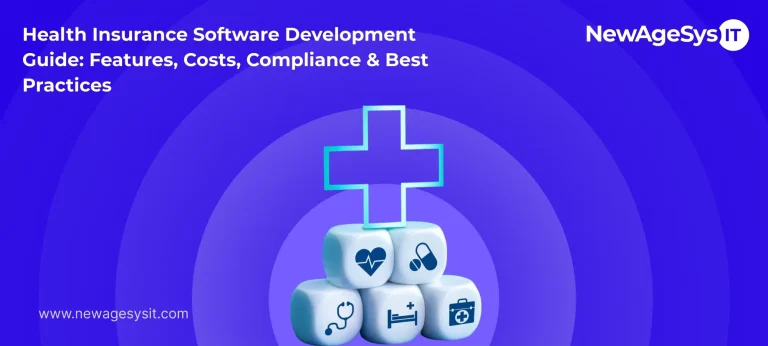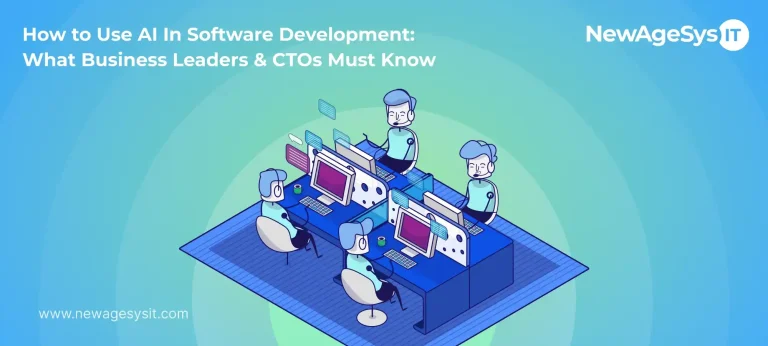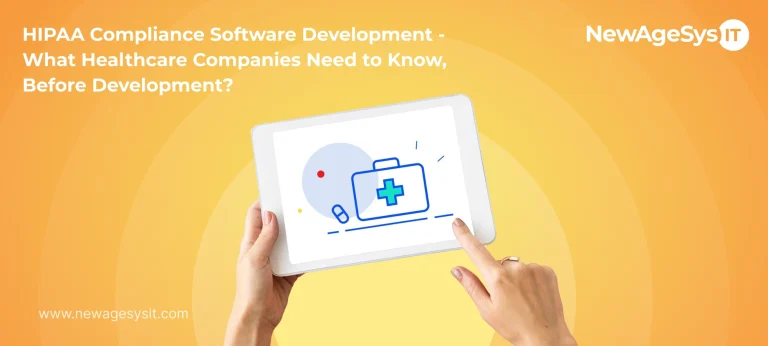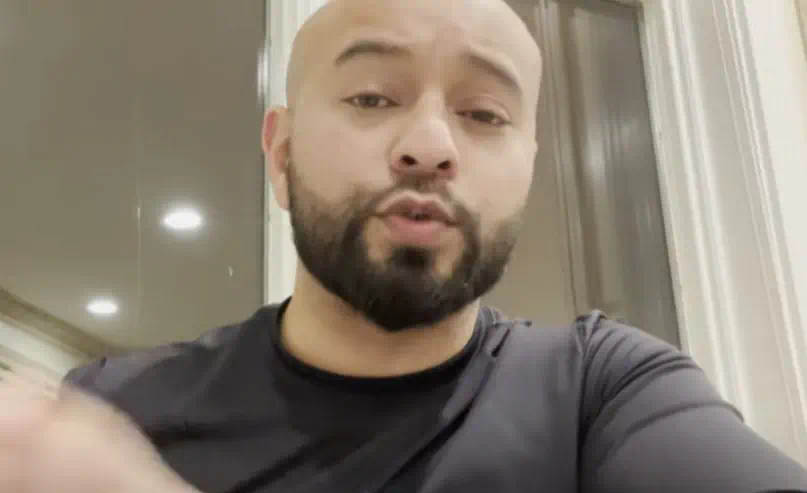More and more logistics companies are now developing a dedicated app for their business. With the logistics industry quickly undergoing digital transformation, it is high time you build a dedicated cargo transportation app for your business. However, developing a logistics app can be a challenging task.
Below we explain the simple steps involved in logistics app development.
Step 1: Pick The Type Of Cargo Transportation App You Want
An essential thing to know before developing a cargo transportation app is the type of logistics app you want to create. There are several types of transportation apps in the market today, and you need to pick one that aligns with your goals and capabilities.
As you know, there are several departments within a logistics department. Logistics apps may have different goals, end-users, and even an impressive feature list. There are three types of cargo transportation apps, and they are as follows.
- Warehouse Apps
- Fleet Management Apps
- Logistics On-Demand Apps
Step 2: Request A Quote From Mobile App Developers
Developing a cargo transportation app is a challenging task. You need the help of an expert like NewAgeSysIT to make your dream app a reality. We are the top app development company USA. Choosing a mobile app developer for the job is not just about the quote they give you. Here are some steps to identify the best developer for your cargo transportation app.
- Go through different reliable client review platforms.
- Social media networks, such as LinkedIn.
- Technical blogs from industry leaders.
Step 3: Discuss Your Business Idea And Sign The NDA
Make sure to discuss your cargo app idea in detail with the developers before you proceed any further. Make sure that the app developer you choose can deliver your unique requirements. And check their credentials across multiple sources, including online review platforms. The experts at NewAgeSysIT run a holistic analysis of your app requirements and discuss its feasibility with you.
Typically, you will speak with a sales manager who will send you a Non-disclosure agreement or NDA. Make sure to read and understand the NDA before signing. Besides, it would be best to check your deadline requirements and discuss the same with the expert mobile app developer before signing the NDA.
Step 4: Obtain A Rough Estimate
Once you discuss the app requirement in detail with the app developer, you can obtain an estimate for the project. The first and rough estimate gives you an idea about the app’s development cost. However, this cost can often vary from the final price as app development is a complex process, and you have to consider eventualities that can come into play. Make sure to compare multiple rough estimates before choosing the right app developer.
Step 5: Initiate The Discovery/Inception Phase
You can expect your app’s discovery or inception phase to last anywhere between one to three months. The development team assesses your logistics app more intensely during this period.
It finds crucial information about your logistics app, including its business logic, users, how it interacts with its users, and more.
The discovery phase allows the developer to create an accurate project specification for your logistics app and even includes developing a fully functional product prototype.
Step 6: Develop And Launch The MVP
MVP is short for Minimum Variable product. The MVP supports all the essential features you want in the final product. It allows you to assess the mobile app’s feasibility and test it with a select or limited number of people.
You can get valuable feedback about the app using the MVP and optimize it to provide a seamless user experience. Creating an MVP itself is a complicated task. It requires the developer to create a different MVP development plan.
Step 7: Equip Your Cargo Transportation App With Advanced Features
Once you receive the feedback for the MVP, it becomes significantly easier to identify and rectify issues with the app. It often involves implementing advanced features and capabilities to streamline the user experience. Some of the advanced features and capabilities you can implement on your cargo transportation app are as follows.
- Digital gallery for freight images and documentation.
- In-app messaging capability.
- Third-party payment gateway integrations.
- Shipment history.
Looking for an app development agency in USA? We build apps tailored to your unique needs.
























